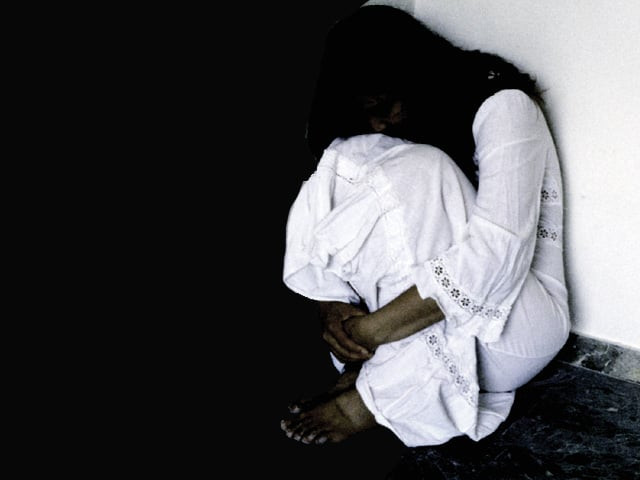CII sends detailed response to K-P domestic violence bill
Says most terms are vague, include men within its ambit, contradict federal laws

The CII stated the bill will cause interference of government bodies in family life, while the religion calls for settlement of family disputes through dialogues. PHOTO: FILE
The bill that was prepared by the Provincial Commission on the Status of Women (PCSW) was rejected by CII earlier.
Clarifications
The document, a copy of which is available with The Express Tribune, raised objections over definitions given in clause 2 of the bill. It said ‘aggrieved person’ outlined as any woman, child, man or any affected person, who has domestic relation in present or past and has a claim that the accused has done domestic violence at him/her lacked a ‘time limit’. It stated anyone could be accused of the crime after 10 years.
CII lists reasons for rejecting K-P domestic violence bill
The council said a ‘child’ was defined as a person younger than 18 years at the time of confession of crime in the bill. It said this age was un-Islamic since according to Shariah, the age limit for boys was 12 years and that for girls was nine years provided signs of puberty appear. In case no puberty signs appear in both sexes, a 15-year-old person should be considered an adult.
The council also objected over the definition of ‘domestic relationship’ and ‘domestic violence’ which included physical violence, psychological violence and financial abuse. It noted violence did not explain the quantity and damage caused.
Moreover, it stated the term psychological violence was undefined and the bill lacked its measurement. It added financial abuse was vague and could be used by a child against his father for not keeping equality among children.
The council stated terms ‘obsessive possessiveness or jealousy’ in the bill were also unclear. “This happens in social life and while it is a sin, it cannot be a punishable crime,” the document stated.
It also objected to the use of the term ‘continued threat of mental and physical violence’ since it believed mental violence was indefinable and a threat could not be called a punishable crime.
The CII rejected the definition of harassing, stalking, watching and loitering’, claiming they were vague terms.
Points of disagreement
The council also said sexual abuse was already defined in the Hudood Ordinance, 1979 and Women Protection Act, 2006 and punishment for the crime was also given. It also said the punishment defined for keeping somebody in illegal detention had already been given in the Pakistan Penal Code.
Women empowerment: CII’s interpretation of domestic violence bill criticised
The CII stated domestic violence was not limited to women in the bill and held aggrieved men also within its ambit.
The council raised objections over the powers given to PCSW under the bill and stated the commission held powers of the Parliament, judiciary and police. “The bill empowers the PCSW to take notice and conduct investigations in domestic violence cases which will affect the honour and dignity of families,” the document read.
The CII stated the bill will cause interference of government bodies in family life, while the religion calls for settlement of family disputes through dialogues. It stated certain clauses and sub-clauses were contradictory to the Constitution of Pakistan and existing federal laws.
Published in The Express Tribune, August 31st, 2016.













COMMENTS
Comments are moderated and generally will be posted if they are on-topic and not abusive.
For more information, please see our Comments FAQ